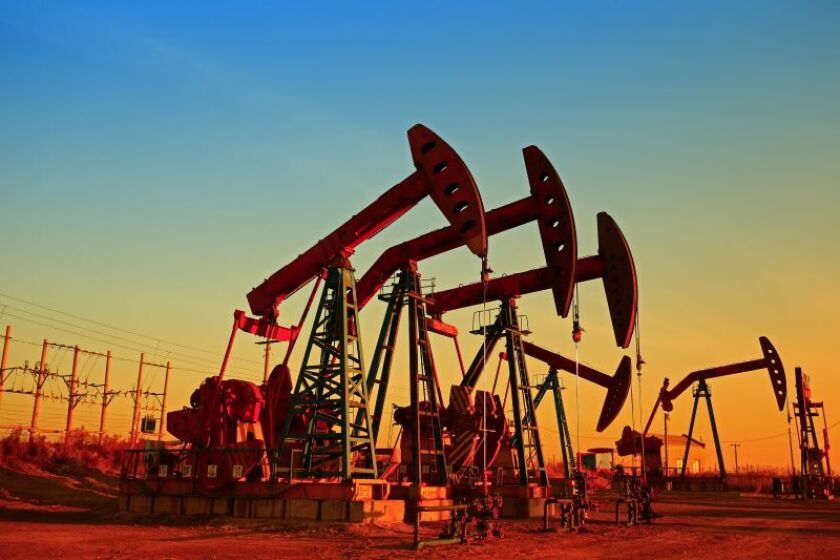Earlier this month IFLR covered one of the events in Venezuela's economic debacle that saw US energy company ConocoPhillips sign an agreement with state-owned oil and gas company PdVSA to recover $2 billion due for failing to uphold its contractual commitments in 2007.
The groundbreaking decision may well send a signal to other creditors that Venezuela is vulnerable to the enforcement of international arbitration court judgments, which in turn may prompt other claimants to recover existing debt.
This may be the tip of the iceberg. For a country that makes nearly all of its export revenue from oil sales, the fact that its overall sovereign debt is so vast that it is nigh impossible to so much as put a figure on it, puts it in a very precarious situation.
Duke University professor Mitu Gulati and Cleary Gottlieb partner Lee Buchheit write that a 'prompt, orderly and comprehensive resolution of Venezuela's debt problems using only conventional sovereign debt restructuring techniques will be a struggle'.
Creditors include bondholders, bilateral creditors, and holders of promissory notes, arbitration awards or local currency deposits. If the award of ConocoPhillips with the rights to seize assets from Venezuela sets a trend and this gargantuan list of creditors does find legal precedent to act on it, this could be catastrophic for the country.
If, as Gulati and Bucheit suggest, even a small group of unpaid creditors were to find an effective legal strategy that results in seizures of Venezuelan oil or the cash proceeds from the sale of that oil, the economy of the entire country could be strangled. Creditors should not be allowed to engage in a series of crippling claims for debt recovery before Venezuela is even allowed the opportunity to recover its own economy, with or without a Maduro government. It must not be allowed to happen.
Following a situation where Maduro exits the stage – which may well be accelerated by the pressure of creditor legal actions – and is replaced by an administration with international and domestic backing with Venezuela's best interest at its core, there are several options. These include having the UN Security Council monitor a resolution whereby creditors agree to consensually comply, and insist that no rogue bad actors go ahead and make claims before adequate restructuring can be enacted; an US executive order immunising assets, or a small handful of other actions which could be taken by the US executive branch that have many implications and caveats.
As the debt crisis intensifies, more and more official sector money will be plied into the stabilisation of the economy. Not, instead, to where it should be going which is for the rejuvenation of a country that is suffering at the hands of hunger and poverty. Every penny that goes into the coffers of a creditor that successfully sues in an arbitration court, or legacy bondholders that have obtained court judgements, and not into the hands of Venezuelans, or schemes that would help raise them from the doldrums, is a dollar misspent.

